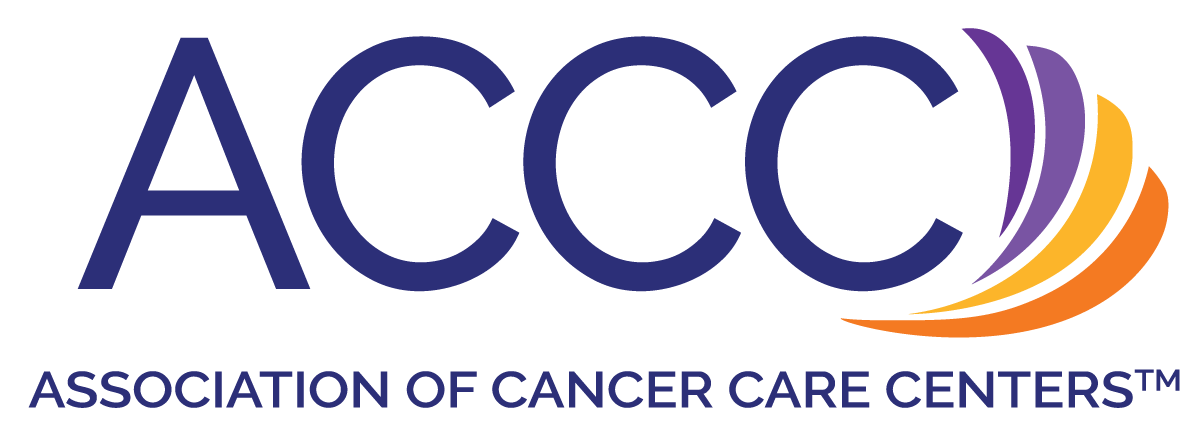
Fostering Excellence in Care and Outcomes in Patients With Stage III and IV NSCLC

David Spigel, MD, chief scientific officer, Sarah Cannon Research Institute, director of the Lung cancer Research Program, and member of the Association of Community Cancer Centers explains to <em>Targeted Oncology, </em>the ways in which ACCC is improving the care landscape and outcomes for patients with advanced non–small cell lung cancer.
David Spigel, MD, chief scientific officer, Sarah Cannon Research Institute, director of the Lung cancer Research Program, and member of the Association of Community Cancer Centers (ACCC) explains toTargeted Oncology,the ways in which ACCC is improving the care landscape and outcomes for patients with advanced nonsmall cell lung cancer (NSCLC).
Advances in care related to diagnostics for stage III/IV NSCLC can make disease management more difficult for community oncologists. This is because there are many different medical disciplines who get involved in the management and care of a patient, says Spigel. From the time of diagnosis, managing NSCLC can involve radiation, surgery, immunotherapy, chemotherapy, and morea large multidisciplinary team. Once all of the important people have become involved in the patient’s care, they can they work together to understand the challenges associated with treating stage III or IV NSCLC and find solutions for those problems.








































